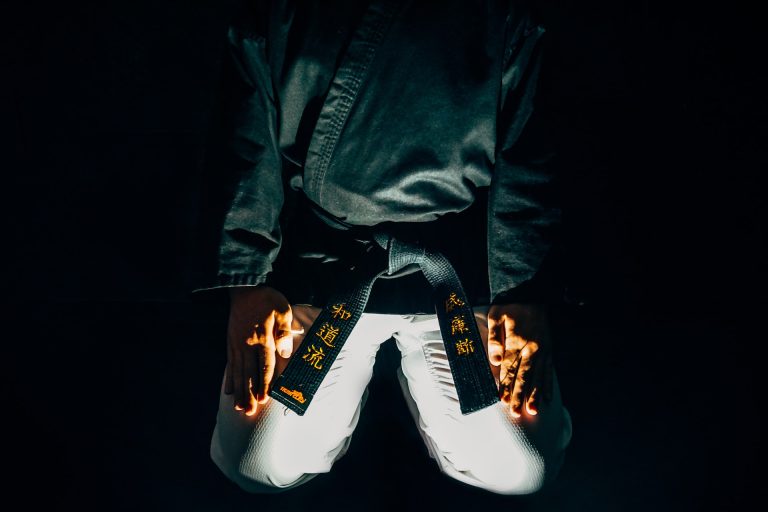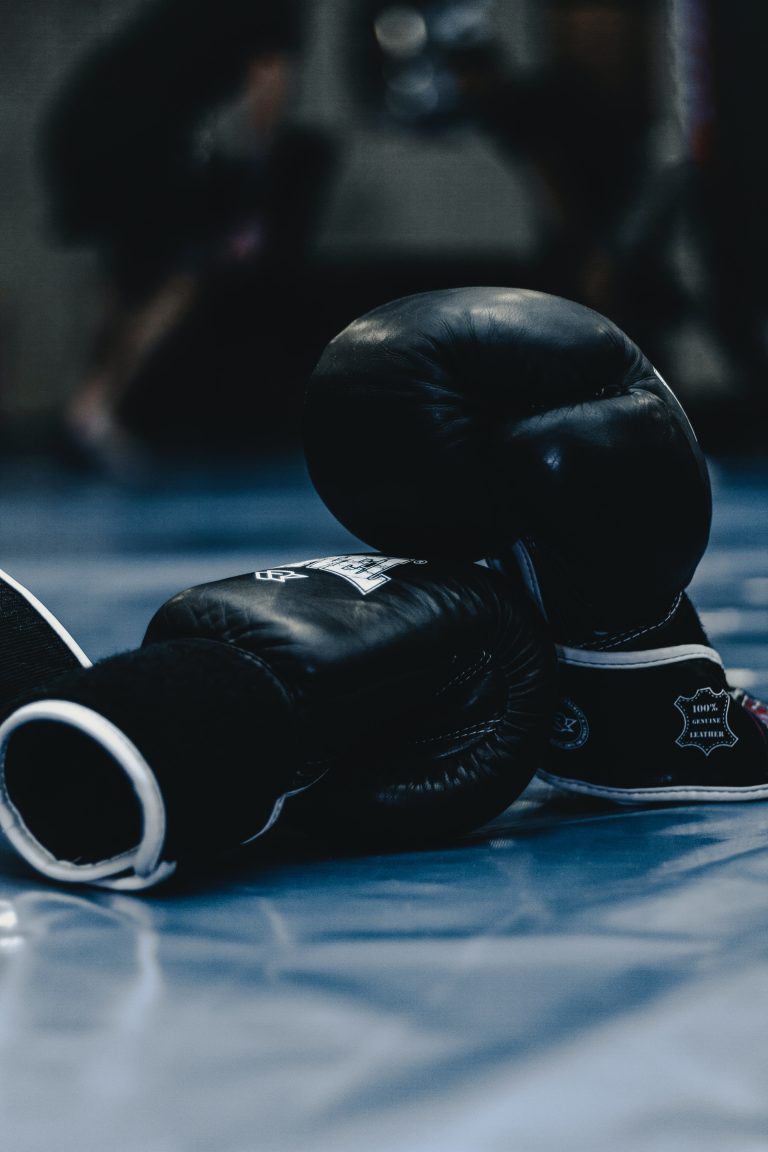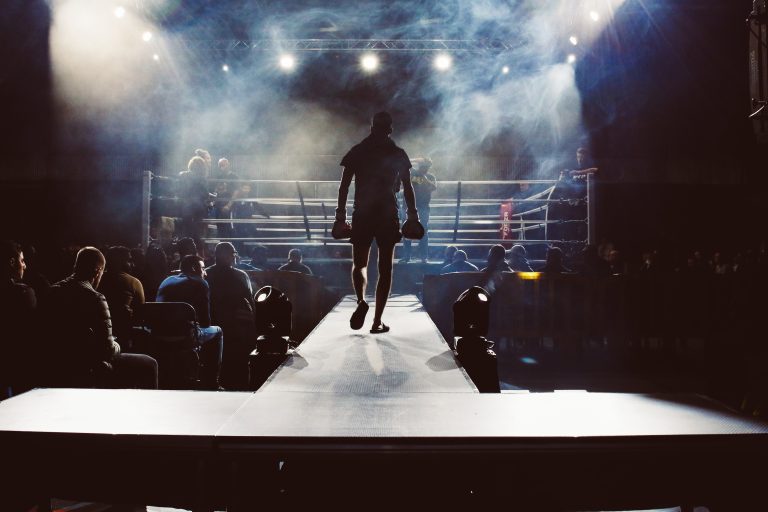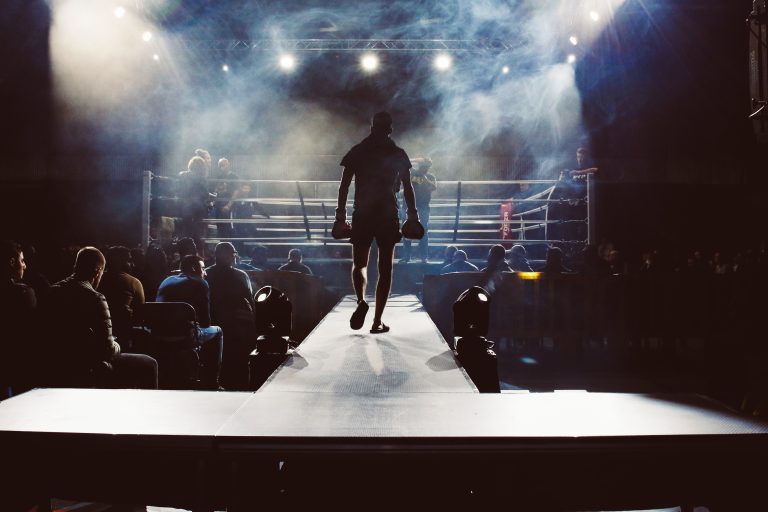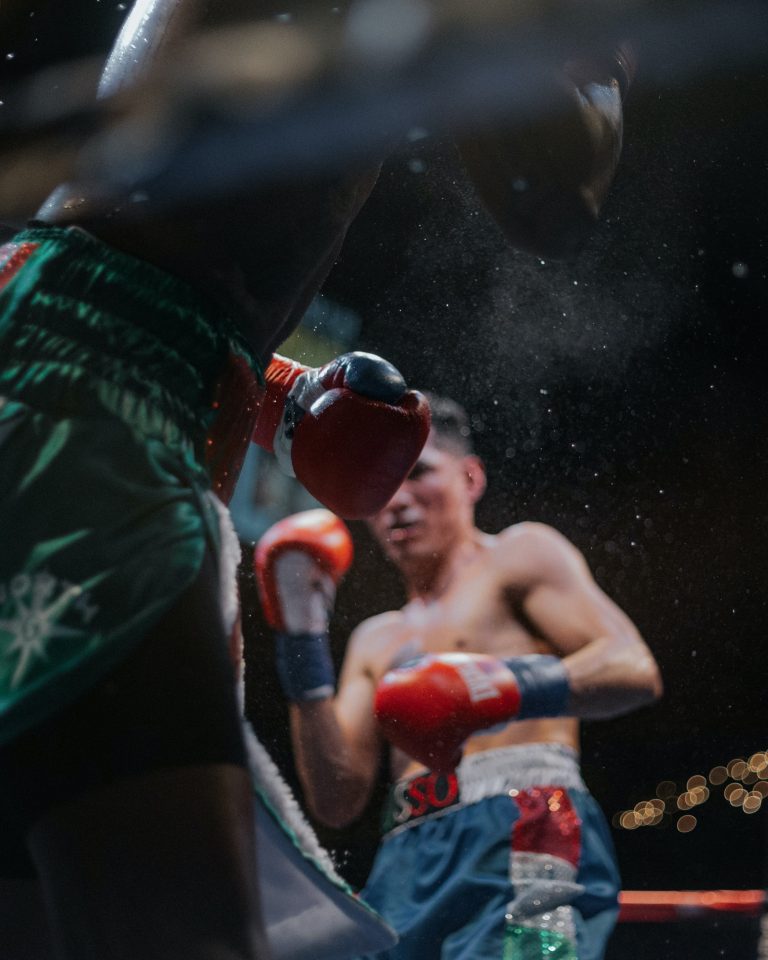How Does Karate Improve Mental Toughness?
When we think of karate, the first thing that comes to mind is probably physical strength. After all, martial arts are known for their high-intensity action and intense sparring. But what many people don’t realize is that karate can do a lot more than just build up muscles. Practicing karate can also have a powerful positive impact on mental toughness.
If you’re looking to bolster your mental resilience and hone your willpower, here’s what you need to know about how karate can help you improve your mental toughness.
What is Mental Toughness?
Before we dive into the benefits of karate, it’s important to define exactly what mental toughness is. Put simply, mental toughness is the ability to work through difficult situations and make the best decision possible in spite of adversity. It encompasses qualities like resilience and grit, and it is applicable to all sorts of situations, from professional to personal.
The key thing here is that it’s not about avoiding all obstacles – rather, it’s about staying calm, keeping perspective, and powering through even when the going gets tough. That’s why it’s a helpful skill for virtually everyone.
How Karate Improves Mental Toughness
So, how does karate help build mental toughness? The answer lies in three main benefits that karate provides. First and foremost, karate teaches you the skills to manage your emotions and stay calm under pressure.
Karate requires a deep focus, both in learning the techniques and during sparring. You train yourself to stay centered and not overreact when faced with stressors and tricky situations. This skill translates powerfully into other areas of life.
Karate Teaches Confidence and Self-Control
The second way that karate helps improve mental toughness is by developing confidence. When you practice karate, the process of perfecting routines and mastering skills builds a sense of self-confidence. This in turn translates into other aspects of your life. You become more capable of managing and confidently navigating tough emotional situations without letting your feelings take control.
The third way that karate helps you to cultivate mental toughness is through self-control. Karate demands a high level of discipline and endurance that teaches you to be resilient and disciplined even when you’re pushing through fatigue or difficult situations.
Developing Your Mental Toughness Through Karate
Now that we’ve discussed the benefits of karate on mental toughness, let’s look at some tips to help you maximize these benefits during your experience with karate.
Focus on the Process
Karate is a journey filled with plenty of opportunities for growth and learning. The most important thing to remember is to enjoy the journey and the process. Don’t get too focused on results, as the real learning comes through enjoying the hard work itself.
Challenge Yourself
Another important key to fostering mental toughness is constantly pushing yourself. Karate is an activity that requires great focus and concentration, so don’t be afraid to challenge yourself and take advantage of every opportunity for growth.
Seek Support
Finally, don’t be afraid to ask for help or seek out inspiration from senior instructors, fellow students, and friends. Strong mental toughness requires practice, but it can be easier if you can draw strength from others who are also striving to become more mentally tough.
Conclusion
Karate provides an incredible opportunity to strengthen your mental toughness by cultivating qualities like focus, resiliency, discipline, and self-confidence. Remember to focus on the process and challenge yourself during classes, and always seek support when needed.
In short, karate can be a powerful tool for those looking to sharpen their mental toughness in life. Give it a try – you never know what amazing skills you might develop!
How Does Karate Improve Mental Toughness?
Karate is an ancient form of martial arts that has been practised for centuries. It is a great way to improve physical fitness, but it is also known to improve mental toughness. Many people wonder how karate can help develop mental toughness. In this post, we will answer some of the most frequently asked questions about how karate improves mental toughness.
1. What is mental toughness, and why is it important?
Mental toughness refers to the ability to persevere in the face of adversity, to bounce back from setbacks, and to maintain focus and motivation in challenging situations. It is considered an essential characteristic for success in many areas of life, including sports, academics, and work.
2. How does karate help develop mental toughness?
Karate training involves rigorous physical exercise, but it also requires mental discipline and focus. Here are some ways that karate can help develop mental toughness:
2.1 Setting and achieving goals
Karate students are encouraged to set goals and work towards them. These goals may include mastering a new technique, earning a new belt, or competing in a tournament. By setting and achieving these goals, karate students learn the value of hard work, perseverance, and dedication.
2.2 Dealing with failure
Karate students face failure in many forms. They may struggle to master a new technique, lose a tournament, or suffer an injury. However, they learn to bounce back from these setbacks, to learn from their mistakes, and to keep pushing forward.
2.3 Discipline and focus
Karate requires discipline and focus. Students must pay close attention to their movements, follow instructions, and maintain their concentration even when tired or distracted. This helps them develop mental toughness and the ability to stay focused and motivated even in difficult situations.
3. Can karate improve confidence?
Yes, karate can improve confidence. As students work towards their goals and master new techniques, they gain confidence in their abilities. They also learn to trust themselves and their instincts, which can help in other areas of life.
4. How can I get started with karate training?
If you are interested in learning karate and improving your mental toughness, here are some steps to get started:
4.1 Find a reputable karate school
Look for a school with experienced instructors who have a background in karate. You may also want to visit a class to see firsthand how the training is conducted.
4.2 Start with a beginner’s class
Most karate schools offer beginner’s classes that will teach you the basics of karate. This is an excellent place to start if you are new to martial arts.
4.3 Invest in quality equipment
You will need some basic equipment to get started with karate, including a gi (uniform), a belt, and gloves. Invest in high-quality equipment that will last, as this will help you get the most out of your training.
4.4 Practice regularly
Like any skill, karate requires practice to improve. Make sure to attend classes regularly and set aside time to practice on your own.
5. What are the benefits of karate training?
In addition to improving mental toughness, karate training has many other benefits. Here are some of the ways that karate can improve your physical and mental health:
5.1 Improved physical fitness
Karate is a great way to get in shape. It can help improve your strength, flexibility, and cardiovascular health.
5.2 Reduced stress
Karate training can help reduce stress by providing an outlet for physical activity and a way to focus the mind.
5.3 Improved self-defence skills
Karate training can help you develop the skills you need to defend yourself in a dangerous situation.
5.4 Increased confidence and self-esteem
As you develop your skills in karate, you will gain confidence in your abilities, which can help improve your self-esteem.
Conclusion
Karate is an excellent way to improve mental toughness, as well as physical fitness and overall wellbeing. By setting and achieving goals, learning to deal with failure, and developing discipline and focus, karate students can build the resilience and fortitude they need to succeed in all areas of life. So if you are looking for a way to improve your mental toughness, consider giving karate a try.
Inhaltsverzeichnis

